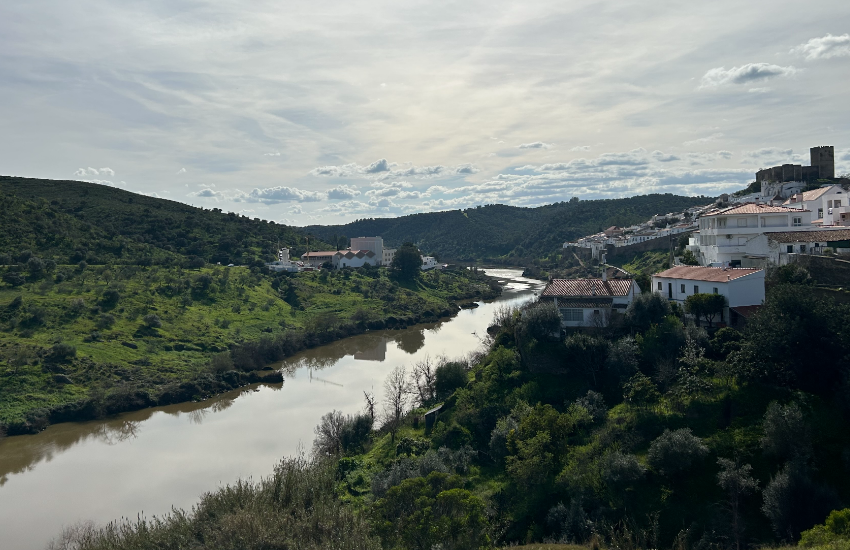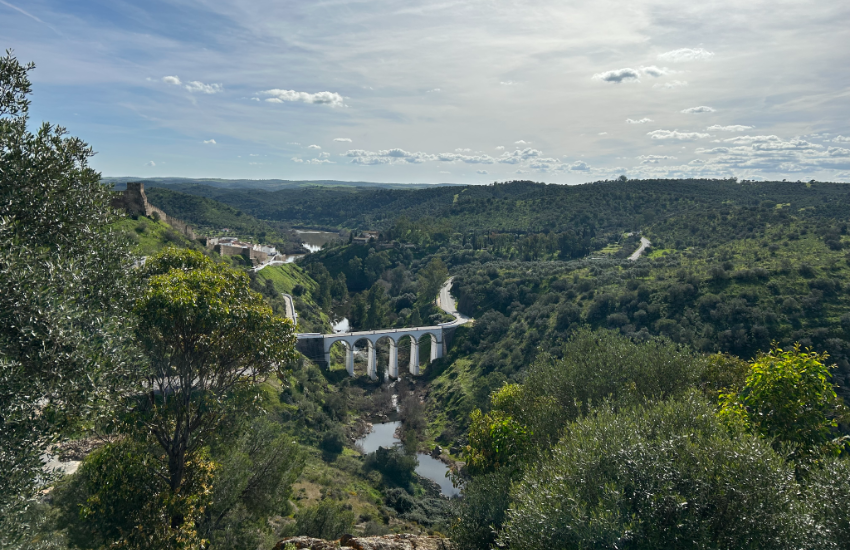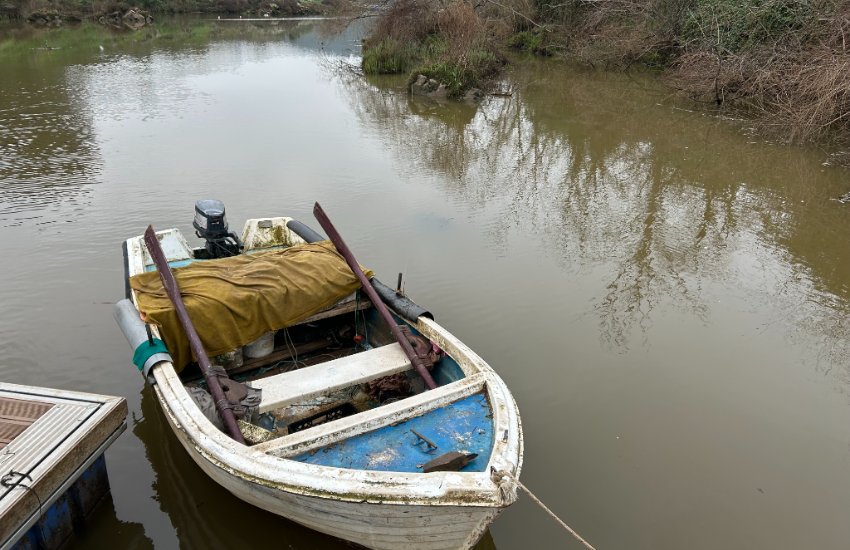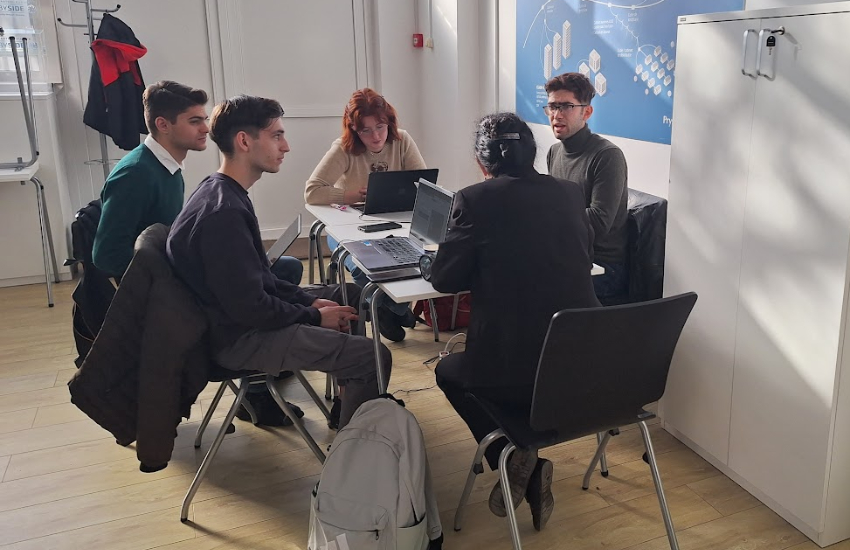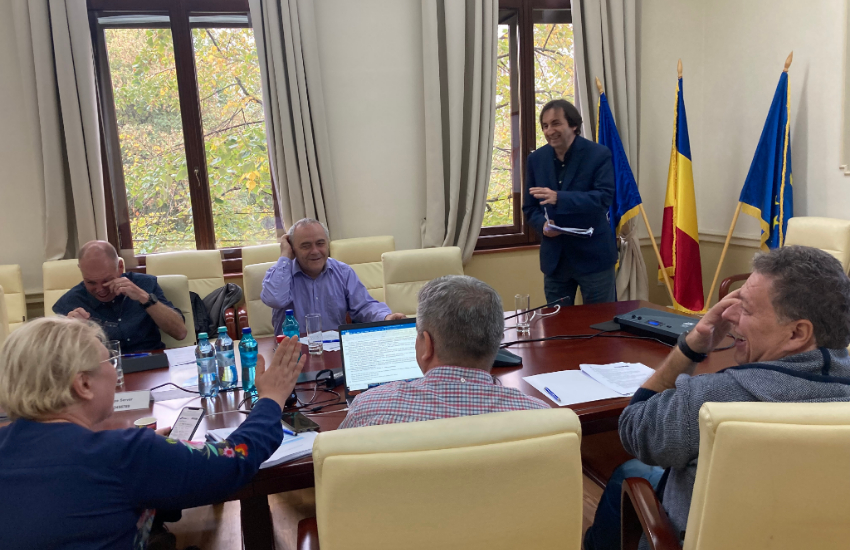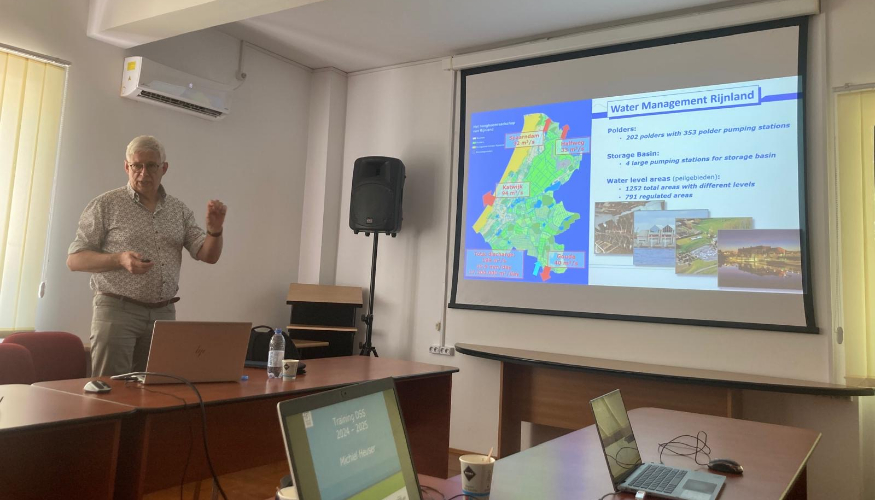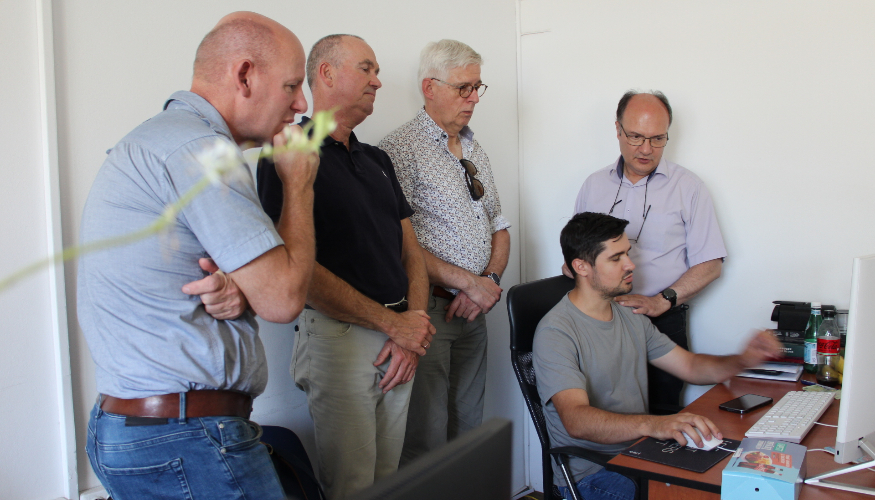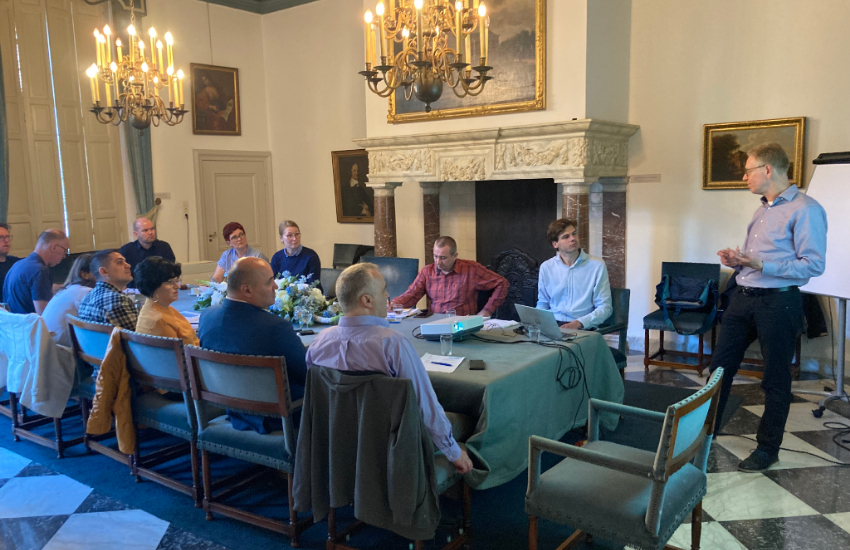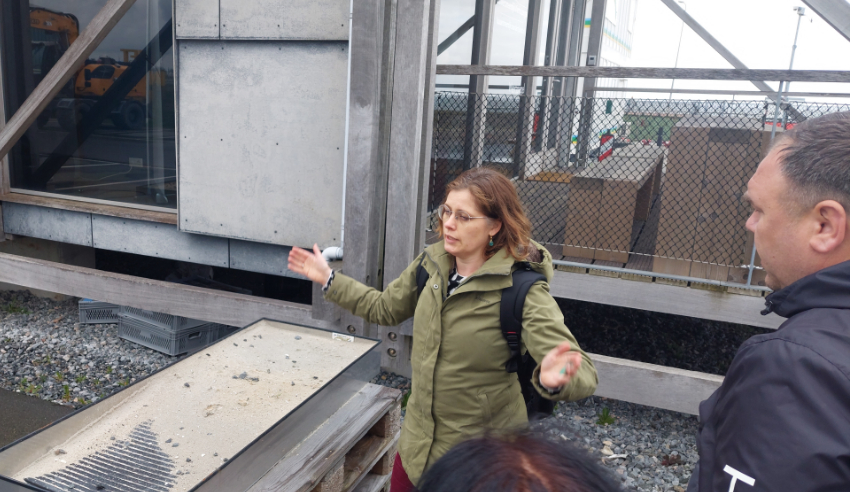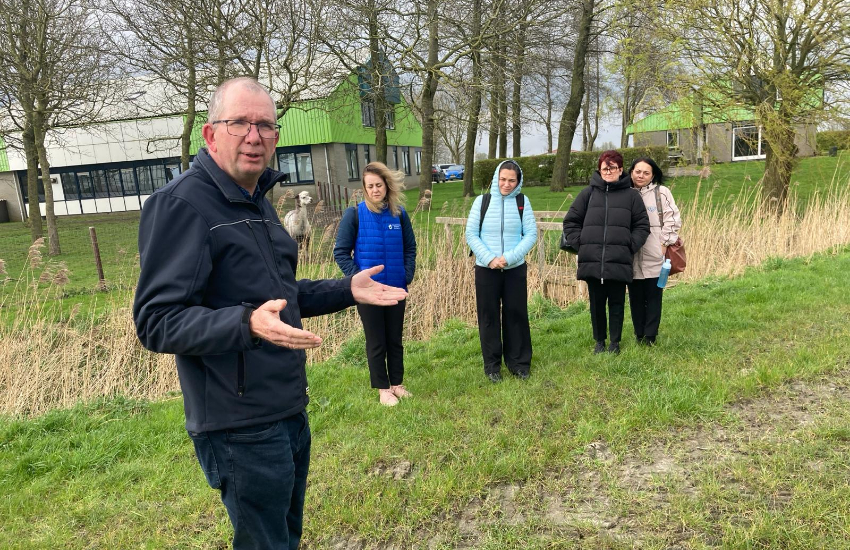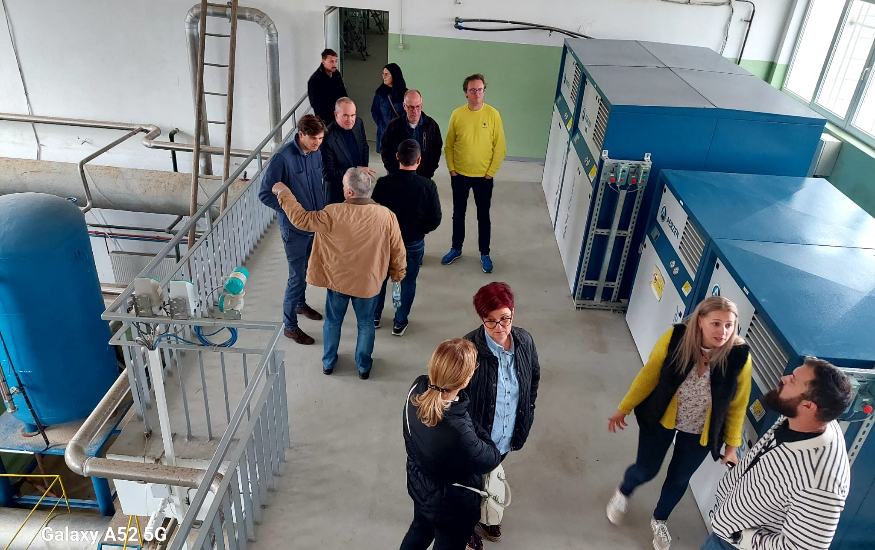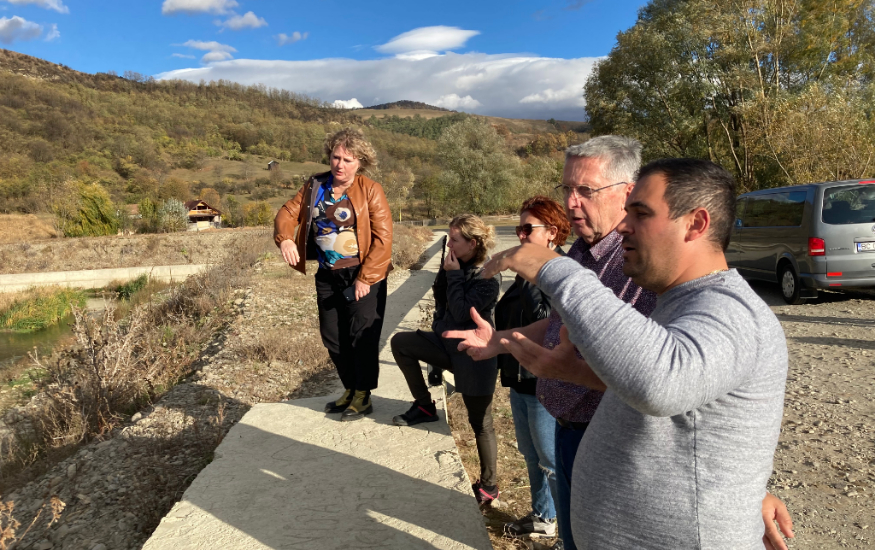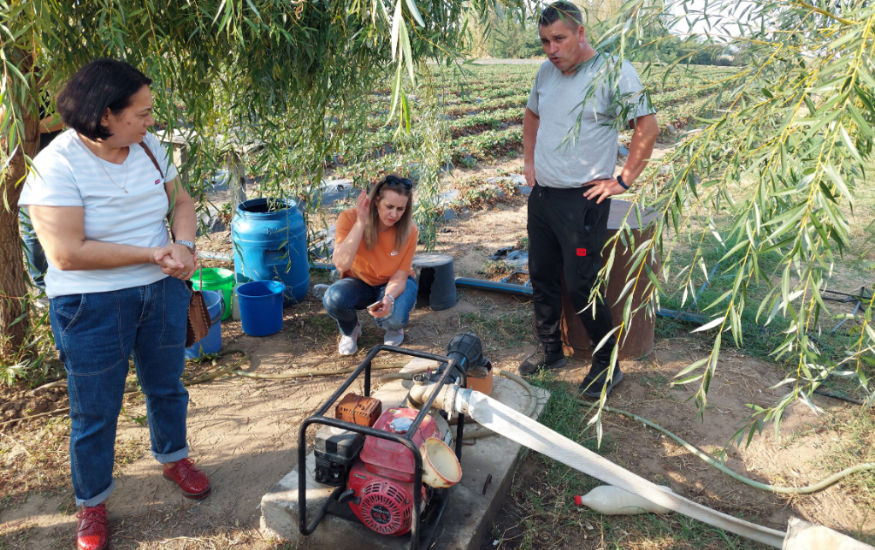For over 25 years, Romania and the Netherlands have worked together to improve water management. This long-standing partnership focuses on four major challenges: tackling floods, addressing drought, securing sustainable financing, and developing smart tools like Decision Support Systems (DSS). In 2024–2025, the collaboration has taken another step forward with concrete results and high-level exchanges.
DSS Project: From Training to Implementation
In May 2024, the NWB Fund approved the project “Creating a pre-operational DSS for reservoir management in the Upper Argeș River Basin.” The first training, delivered with support of HKV and Deltares, took place in late 2024 and early 2025 to Romanian water managers, meteorologists, and policymakers. Participants developed digital models of reservoirs in their own regions, introducing them to real-time control tools and modeling techniques. The training was well received, with participants appreciating the level of difficulty and providing valuable feedback for the second training scheduled for September 2025.
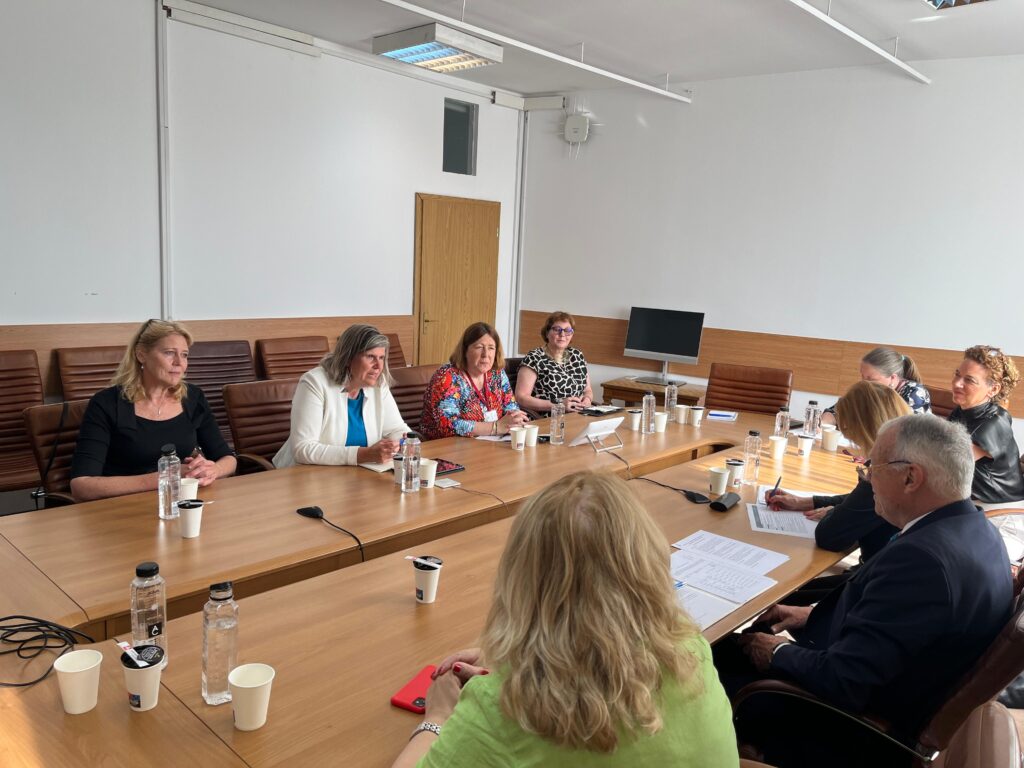
Why a DSS Matters: A Decision Support System (DSS) is a digital tool that helps water managers make better decisions – for example, when to release or store water in reservoirs. It combines data, models, and expert knowledge to simulate different scenarios. In times of drought or heavy rainfall, a DSS can help prevent damage and ensure water is used wisely. As climate extremes become more frequent, these tools are essential for smart, future-proof water management.
High-Level Visits Strengthen Collaboration
On 13–14 May 2025, a Romanian delegation visited the Netherlands to explore the abovementioned DSS implementation strategies. They met with Dutch experts at Deltares, the Rijnland and Zuiderzeeland Water Authorities, and Rijkswaterstaat. The visit focused on translating Dutch experience into Romanian practice.
This week, a Dutch delegation, led by Dutch Water Envoy Meike van Ginneken, is visiting Romania to deepen cooperation. It is also an opportunity to start the preparations for the next project phase of the Blue Deal partnership.
Four Shared Challenges, One Strong Partnership
The DSS project is just one of the four themes being addressed through the broader collaboration between the Netherlands and Romania, focusing on key water challenges:
- Tackling Floods: (Partner: River Basin Authority (RBA) Siret)
The 2021 Limburg floods showed that we need to be prepared for flash floods. Dutch partners have learned from Romanian approaches to flash flood response. - Tackling Drought through Stakeholder Engagement (Partner RBA Jiu)
The team created a short video on this topic, shown below.
- Securing Sustainable Water Financing
Romania recently approved new legislation expected to generate 25% of the National Administration “Romanian Waters” (NARW)’s income. - Developing a DSS for Reservoir Management (Partner:
As highlighted in this news item, the DSS project is on track, with training underway and strong interest in scaling up.
Results So Far
Aside from the update mentioned here, there are several results highlights achieved in this period, made possible through strong collaboration with Romanian Waters and other partners in the programme. These include:
- A pilot water management plan was developed for the Dăbuleni area
- A surface water model was built with IHE-Delft
- A stakeholder engagement strategy was created for the Siret region
- A training program for real-time control tools (RTC Tools and Delft-FEWS) was launched with €150,000 in additional funding
- Moldova water delegates joined Blue Deal trainings, with discussions ongoing for deeper cooperation
During the high-level visit to Romania, Luzette Kroon (Dutch Water Authorities) said: “The Romanian-Dutch Blue Deal partnership has proven to be an effective way of exchanging knowledge and implementing pilots. We are not only addressing immediate challenges like floods and droughts, but also building a resilient framework for future water security in Europe.”

